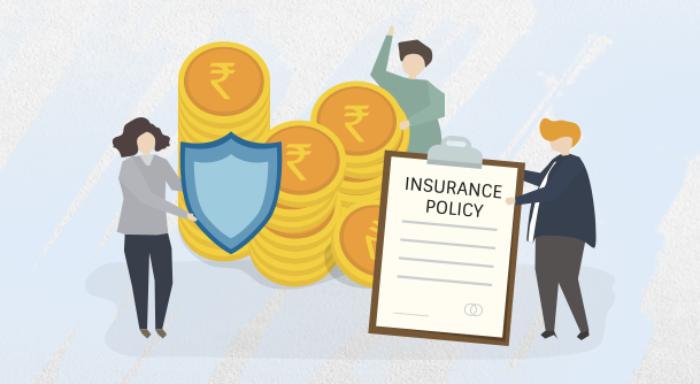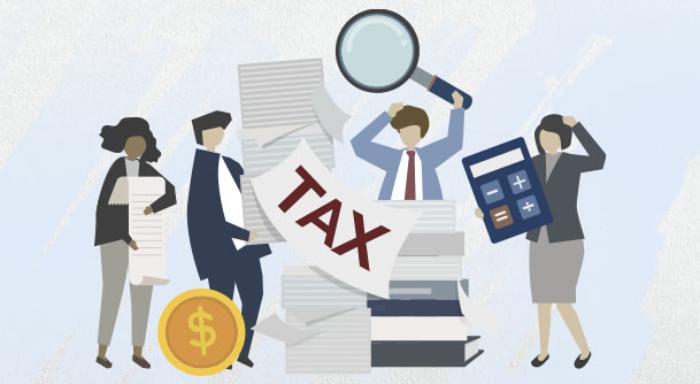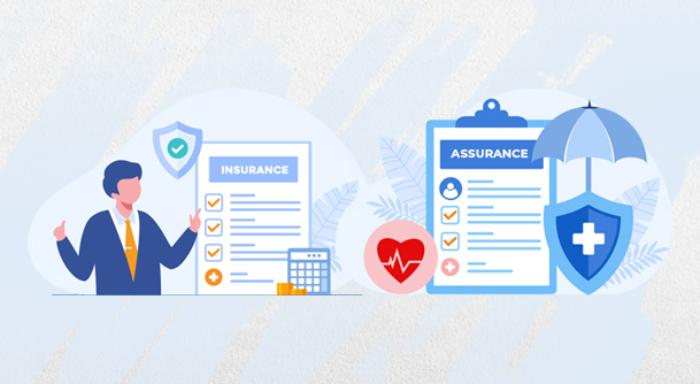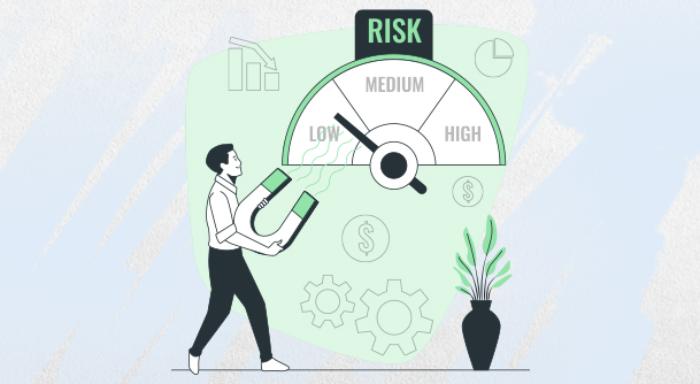8 Tips to Consider 5 Years Before Retirement
Blog Title
451 |
4/12/25 9:06 AM |
Retirement is the final stage of your life where you get to reap the benefits of decades of hard work. Everyone wants a happy and stress-free retirement, after all, it’s not fun to think about facing hardships in the twilight years of your life. However, a happy retirement does not come without proper planning! You need to meticulously plan your finances to ensure that you face no financial troubles during your retirement years.
The five-year countdown before retirement is critical because you make necessary adjustments during that time to facilitate a smooth transition.
Reviewing financial goals, managing debt, and securing health insurance are essential. You should also focus on tax saving investments to reduce your tax burden during retirement. Taking the appropriate steps now can ensure that you can enjoy retirement without financial fears.
Key Things to Do 5 Years Before You Retire
1. Review and Adjust Your Retirement Goals:
Before retirement, reassess your financial goals to ensure they match your future lifestyle. It is important verify if your current savings are enough to support your needs. If you want to travel or relocate, determine the costs accordingly.
You may want to start a small business or pursue part-time work after retirement. It's important to factor in these possibilities when creating your investment plan. If you still have years until retirement and notice a shortfall between your savings and anticipated expenses, consider increasing your contributions to your retirement funds.
2. Diversify and Rebalance Your Investment Portfolio:
When you are nearing retirement, you must transfer the money from high-risk investments into safe investment alternatives. If you have a lot of money in stocks, perhaps reallocate some of that to bonds or fixed deposits.
If you have a ULIP Plan, review its performance and exercise a switch to reap the maximum returns, that help to avail financial security and regular income after retirement.
3. Create a Detailed Retirement Budget:
A well-structured budget helps in managing finances efficiently. First, create a list of all anticipated expenses, such as housing, health care, and basic living costs. Next, compare these expenses against the income you expect to generate to see if any adjustments are needed.
If expenses are greater than your income, try to spot some areas where you can cut costs. Allocating funds for emergencies is also crucial to avoid financial stress in case of unexpected events. A saving insurance plan will make sure that you are prepared for any uncertainties.
4. Eliminate or Minimise Debt:
Having debt during retirement can weigh on your finances. Loans should be cleared, and new liabilities should be avoided. Loans with the highest interest rates, such as credit card debt, should be paid off on priority. Also, if you currently have a home loan, you can make extra payments to lower the balance.
Paying off debts early allows your retirement income to be directed towards daily requirements rather than repayments. Guaranteed income plans also aids in providing extra funds for post-retirement expenses.
5. Secure Adequate Health Insurance:
Healthcare costs increase as we get older, so adding a health insurance policy as part of your retirement plan is essential. If you are covered with a company-sponsored plan, find out if the benefits carry over after you retire or buy an individual plan to pay for healthcare costs.
If you do not have any life insurance plans, consider buying one to provide your family with financial security in your absence. Reviewing existing policies ensures that coverage is sufficient for future needs.
6. Plan Your Retirement Income Streams:
Retirement is a time when you want to enjoy things without worrying about money. Research about additional income possibilities, aside from pensions and savings. Income earned from rent (actual real estate) or dividends (some stock) is very much useful.
If you have an annuity or guaranteed income plan, look closely at the payout terms to see if they align with your needs. You can also opt for a part-time job or offer consultancy services to increase your per-month earnings.
7. Understand Tax Implications in Retirement:
Taxes can significantly impact your retirement income, so it’s important to understand your tax liabilities when making withdrawals. Income from various sources—such as pensions, investments, and others—is taxed differently. If you own a life insurance policy, check whether there are any tax benefits on maturity or payouts.
Certain tax-saving investment options can help reduce your tax burden. If you have a ULIP, familiarise yourself with ULIP taxation to make informed financial decisions. Consulting a tax advisor can help you structure withdrawals efficiently and minimise tax liabilities.
8. Update Legal and Estate Planning Documents:
Estate planning helps to distribute your assets according to your wishes. It is important to review and update legal documents, including your will. Check the names of your nominees if you have a life insurance plan. Ensure that all the nominee/beneficiary details are correct.
If needed, hire an attorney who can help you with all your legal paperwork. Keeping all your legal documents updated will protect your loved ones from legal hassles and allow for the seamless transfer of assets.
Conclusion
You can ensure a financially secure retirement by following all the tips listed above. Start doing these things at least five years prior to your retirement date to avoid last minute stress. Evaluating your financial goals, managing debt, and making sure you have proper health coverage are key steps. And look for a well-balanced investment plan that consistently provides income while minimising risks.
Also, be aware of the prevailing tax laws to increase your savings. A structured plan helps in maintaining a comfortable lifestyle and provides security for you and your family in the years ahead.










